LATEST INSIGHTS
Your Present Location: LATEST INSIGHTS-

Cooperation in public health to spearhead China's international efforts, rekindling US interest welcomed
Aid features endogenous growth of developing countries, green development
2021-01-11 -
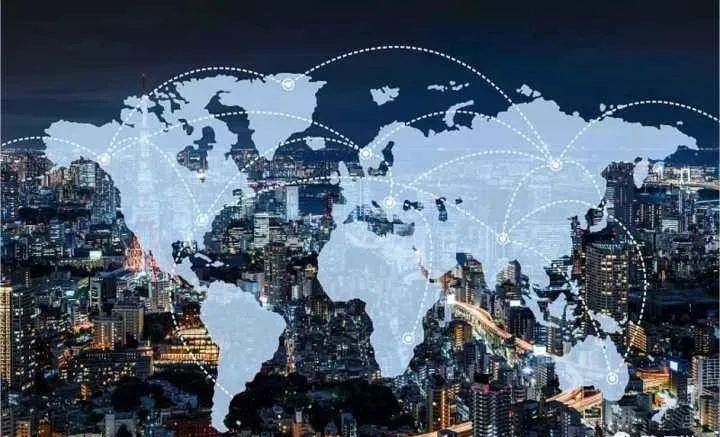
William Jones: China’s Lessons for the World: Transportation Holds the Key to Development
The State Council of China on December 21 issued a China_Transport_White_Paper_2020 outlining the achievements that have been reached in uniting the nation and laying out the path forward for the nation. For China, transportation has always been the key to development. Ironically, the break-up of China in the 1800s – and the subsequent revolt and downfall of the Qing dynasty -was largely provoked by the strong popular reaction to the attempt by the colonial powers to control China’s burgeoning railroad system.
2021-01-11 -
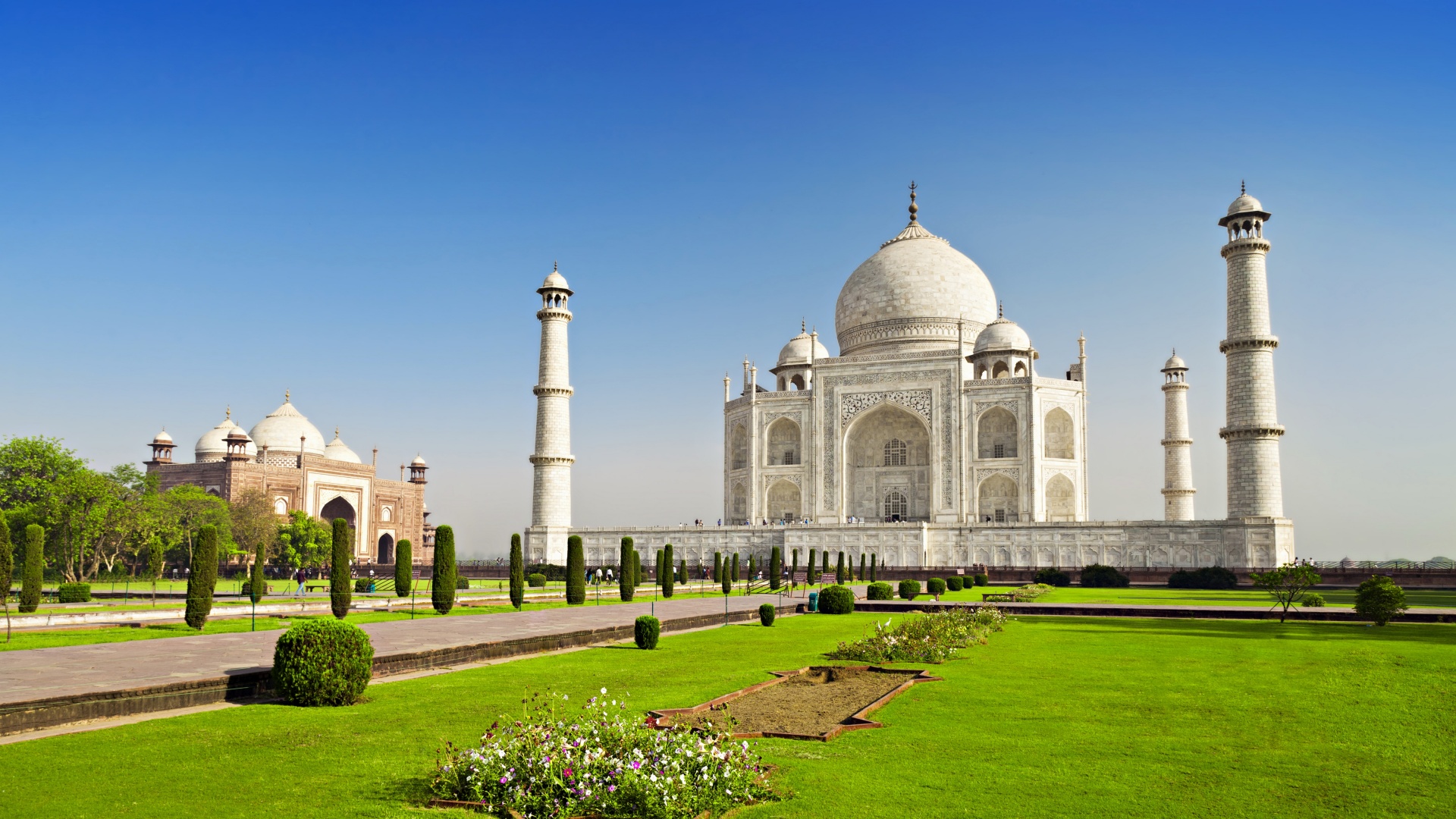
Liu Zongyi: Rocky road ahead for New Delhi’s vaccine export campaign
After a year of novel coronavirus onslaught, the world has entered 2021 with quite a few vaccines available. India, with confirmed COVID-19 cases exceeding 10 million now, is seen rushing into approving two vaccines for emergency usage, including one home-grown candidate which has yet to complete the phase III trials.
2021-01-08 -

Liu Zongyi: Pro-US strategy may push India into the abyss
In a farewell address at the end of his tenure in New Delhi on Tuesday, US Ambassador Kenneth Juster said that the US has cooperated with India to counter "aggressive" Chinese actions at the Line of Actual Control. This is the first time an official confirmed US-India cooperation over the ongoing eight-month-long border standoff between China and India, according to The Hindu on Tuesday.
2021-01-08 -
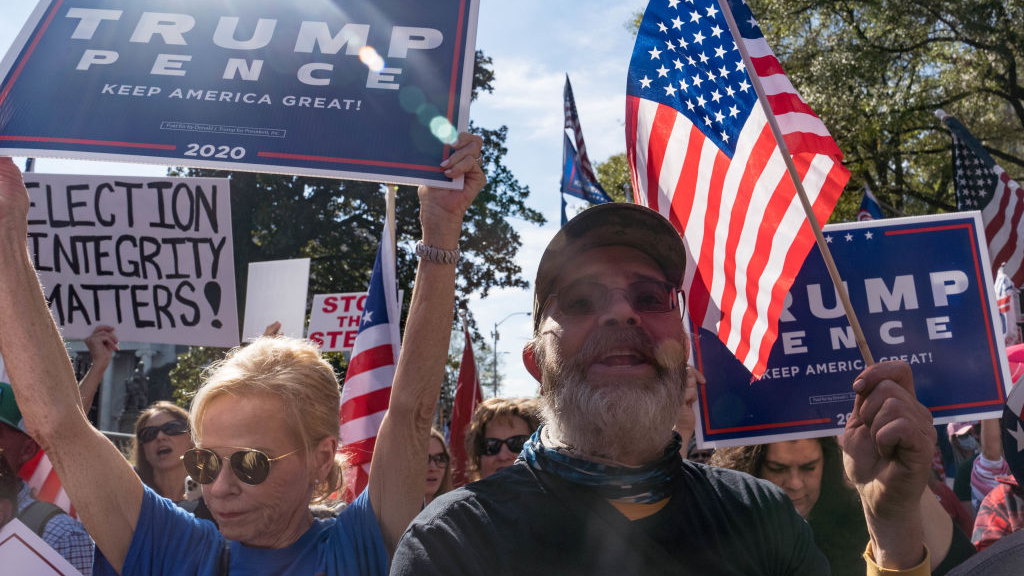
William Jones: Trump's last ditch on Georgia ballot count does no good to U.S. system
In what has been a very surreal U.S. election campaign, the end of voting did not put an end to the controversies. Many Republicans, not just President Donald Trump, believe that Trump was robbed of victory in the November elections.
2021-01-07 -
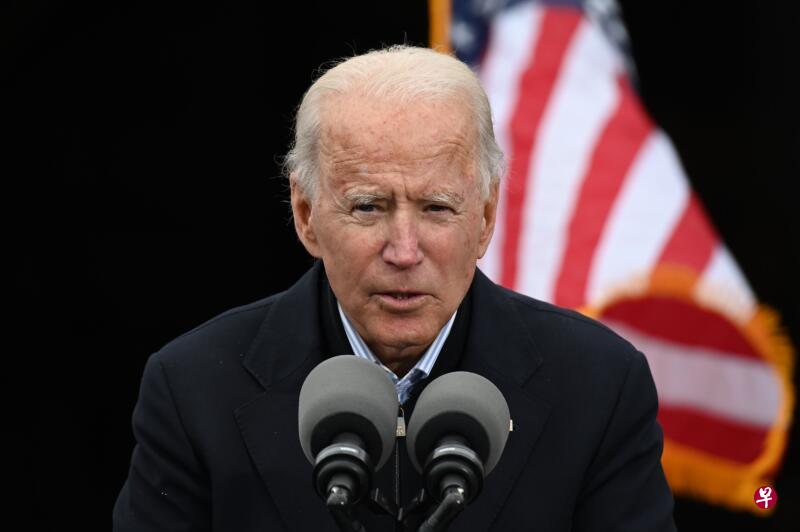
Trump unleashes final ‘frenzy’ to hamstring Biden
2021-01-07 -
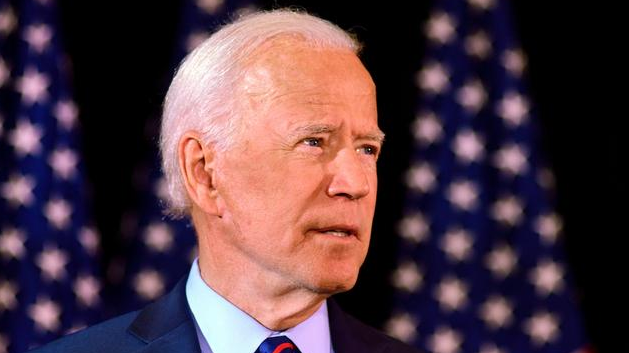
Zhao Minghao:How will Biden confront Trump's foreign policy legacy?
President-elect Joe Biden will take office in two weeks. The incoming administration, with a strategic objective to "lead the world again," is determined to restore the U.S. global leadership and disperse the clout of Trumpism. However, embarking on that journey isn't easy. Restrained by Trump's foreign policy legacy, Biden is facing political and structural roadblocks.
2021-01-07 -
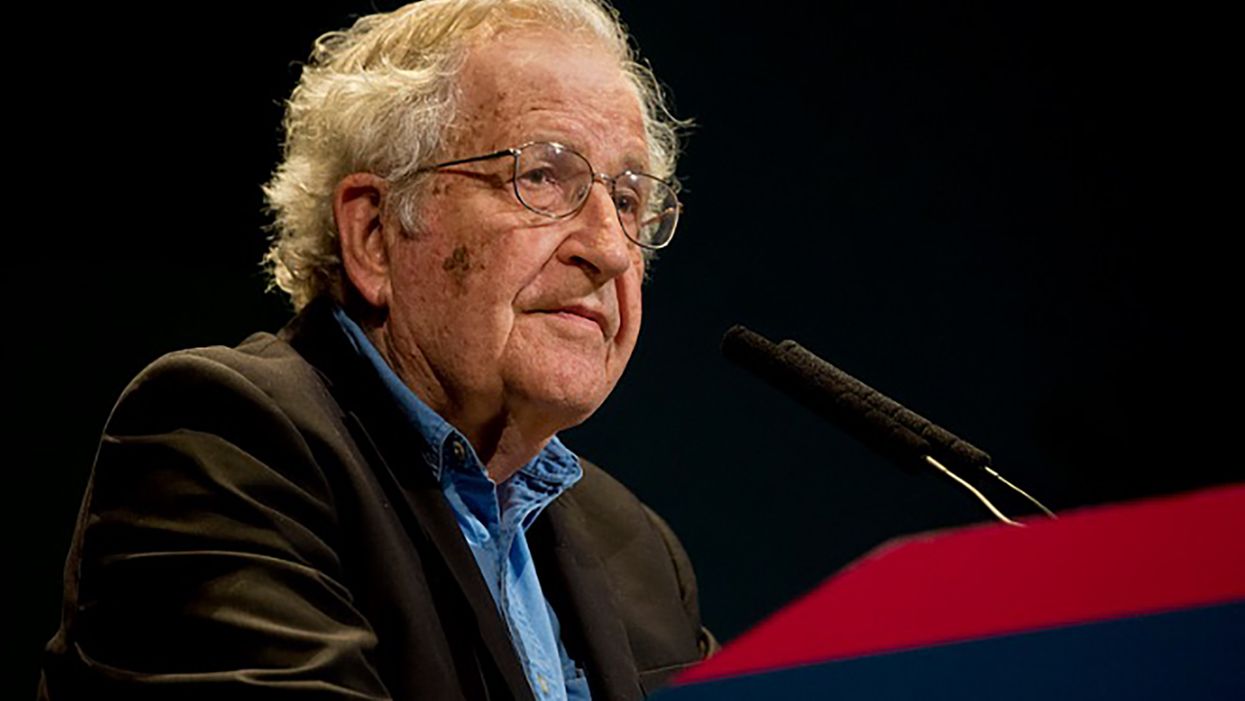
Prashad and Chomsky: There are 3 major threats to life on Earth that we must address in 2021
Large parts of the world—outside of China and a few other countries—face a runaway virus, which has not been stopped because of criminal incompetence by governments. That these governments in wealthy countries cynically set aside the basic scientific protocols released by the World Health Organization and by scientific organizations reveals their malicious practice. Anything less than focused attention to managing the virus by testing, contact tracing, and isolation—and if this does not suffice, then imposing a temporary lockdown—is foolhardy. It is equally distressing that these richer countries have pursued a policy of "vaccine nationalism" by stockpiling vaccine candidates rather than a policy for the creation of a "people's vaccine." For the sake of humanity, it would be prudent to suspend intellectual property rules and develop a procedure to create universal vaccines for all people.
2021-01-06 -
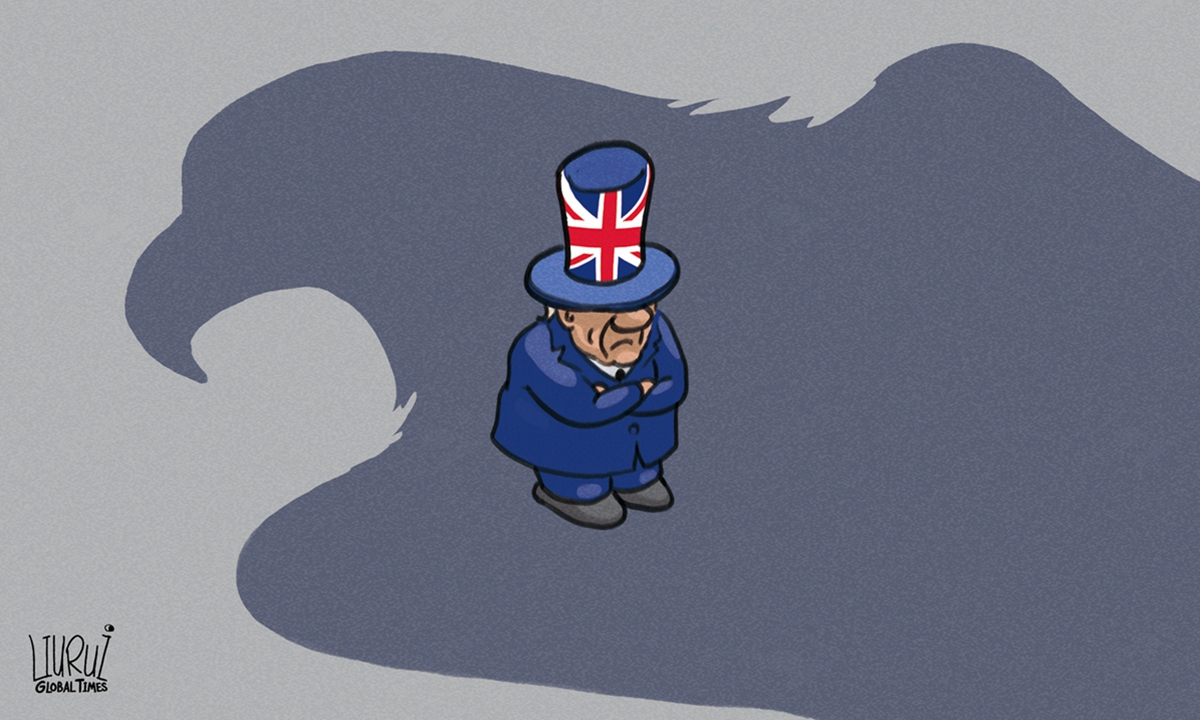
John Ross: Why is post-Brexit Britain adopting different path with EU toward China?
The beginning of 2021 has strikingly illustrated that Europe is one of the most important regions in which contradictory trends on relations with China are contending with each other. Post-Brexit Europe is in full flux. And the UK's relations with China have sharply deteriorated.
2021-01-06 -
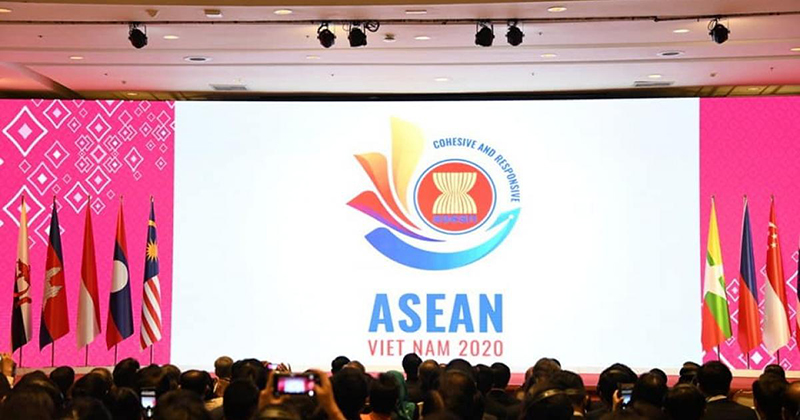
Regional experts praise Vietnam as ASEAN Chair 2020
Vietnam has actively introduced a number of important initiatives and led efforts that continue to enrich the ASEAN agenda and experience.
2021-01-05 -

Vijay Prashad: You Don’t Want to Imagine an Ocean Without Coral Reefs, But You Might Have to
With a recent report titled “Projections of Future Coral Bleaching Conditions,” published by the United Nations Environment Program (UNEP) in November, Leticia Carvalho—head of the Marine and Freshwater Branch of UNEP—said on December 21 that coral reefs are the “canary in the coalmine for climate’s impact on oceans.”
2021-01-05 -

Wang Wen: Overloaded West faces crisis of democracy
In the last week of 2020, Beijing reported a new local case of COVID-19 infection for the third time after outbreaks in February and May. The case was found two kilometers away from my home. The community where I live suddenly became nervous. Over 300,000 people in the neighborhood all got nucleic acid tests within two days, and those who contacted with positive tests were all tracked and isolated. It has become more stringent to enter the community and buildings here. The number of people on the streets has decreased significantly too.
2021-01-05 -
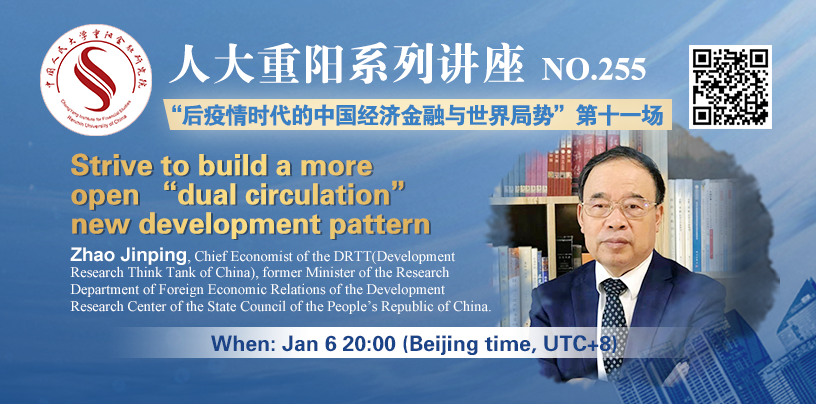
【2021-1-6】Zhao Jinping: Strive to build a more open “dual circulation” new development pattern
Strive to build a more open “dual circulation” new development pattern from Zhao Jinping on Jan 6, 2021.
2021-01-05 -

Opening-up efforts set to bear new fruit
China's signaling of its interest in joining the Comprehensive and Progressive Agreement for Trans-Pacific Partnership indicates the strong resolve of its top leadership to deepen reform and pursue opening-up at a higher level, analysts said.
2021-01-04 -
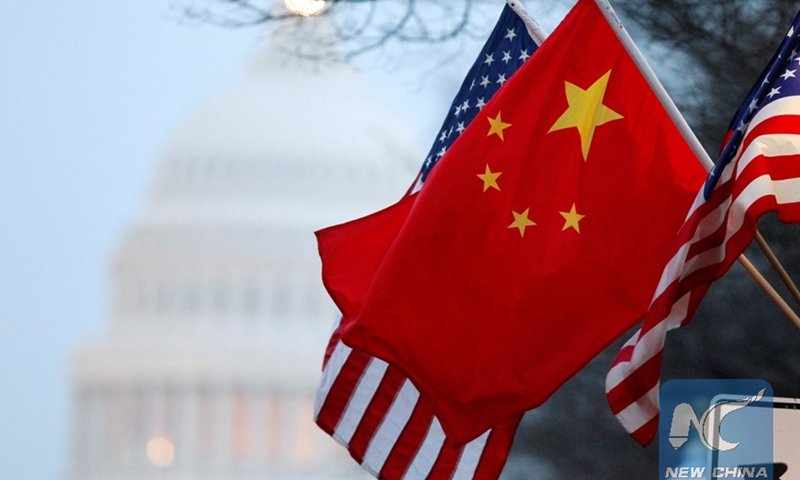
China Debates Policy towards U.S. as Biden’s Administration Takes Over
China’s leadership echelons have been very apprehensive about anti-China actions the Trump Administration might take in its last days. Zhou Li, a former career diplomat who is presently senior researcher at the Chongyang Institute of Financial Research of Renmin University and Director of the China Russia Humanities Exchange Research Center, had in mid-2020 warned that China must prepare for the deterioration and “full escalation of the struggle” in Sino-US relations. He anticipated a string of punitive actions by the Trump Administration, adding that "decoupling" is ultimately inevitable and that the “difficulties and challenges China will face will be unprecedentedly complex and unprecedentedly severe”. As expected, the outgoing Trump Administration has put in place a number of legislations and executive orders. These authorise arms sales to Taiwan, assert that the Dalai Lama has a determining role in the identification of his reincarnation, and impose sanctions on Chinese Communist
2020-12-31 -

Liu Zhiqin: “Dual Circulation” Will Become Twin Engines for China’s Economic Growth
China’s dual circulation policy is based on its national conditions and external environment, completely not affecting its stance of opening market to global business.
2020-12-30 -
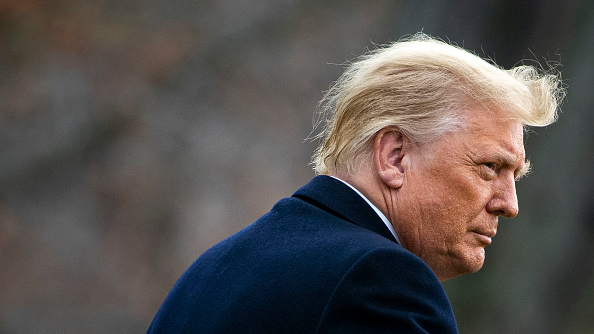
William Jones: Why is President Trump so angry?
Many people have been taken aback by U.S. President Trump's accusations of voter fraud in the recent 2020 U.S. presidential elections.
2020-12-30 -

Liu Zhiqin: Demand-side reform will be key factor to boost economy
The CPC Central Committee recently held the annual Central Economic Work in which the CPC outlined the importance of making further reform in the demand-side for the purpose of stimulating economic development in 2021.
2020-12-30 -
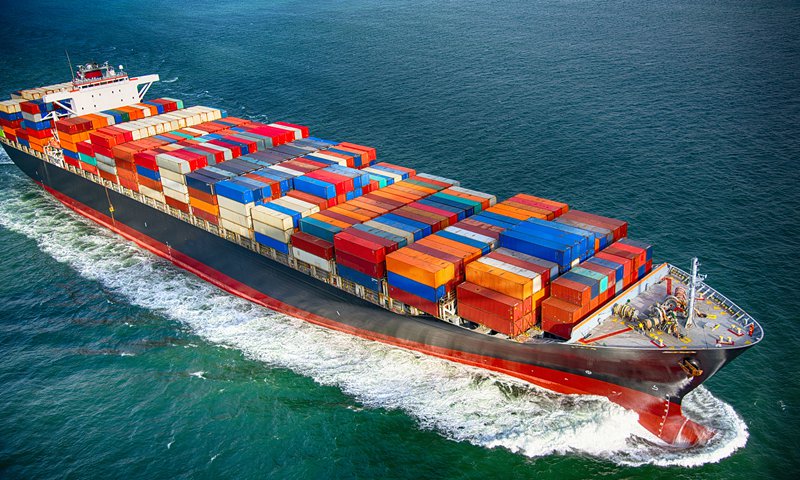
China encourages foreign investment in more sectors, focuses on stable and self-controlled industry chains
FDI inflow to China may hit $150 billion next year: analyst
2020-12-29 -

Wang Wen: Women’s rise epitomizes China’s development
In the last week of 2020, I led a team to the China-Vietnam border area to do field research in various port cities of South China's Guangxi Zhuang Autonomous Region. Coincidentally, many of the deputy mayors of these cities who received us were female. This made me reflexively want to write about changes in China beyond the perspective of men.
2020-12-29
























































































 京公网安备 11010802037854号
京公网安备 11010802037854号





